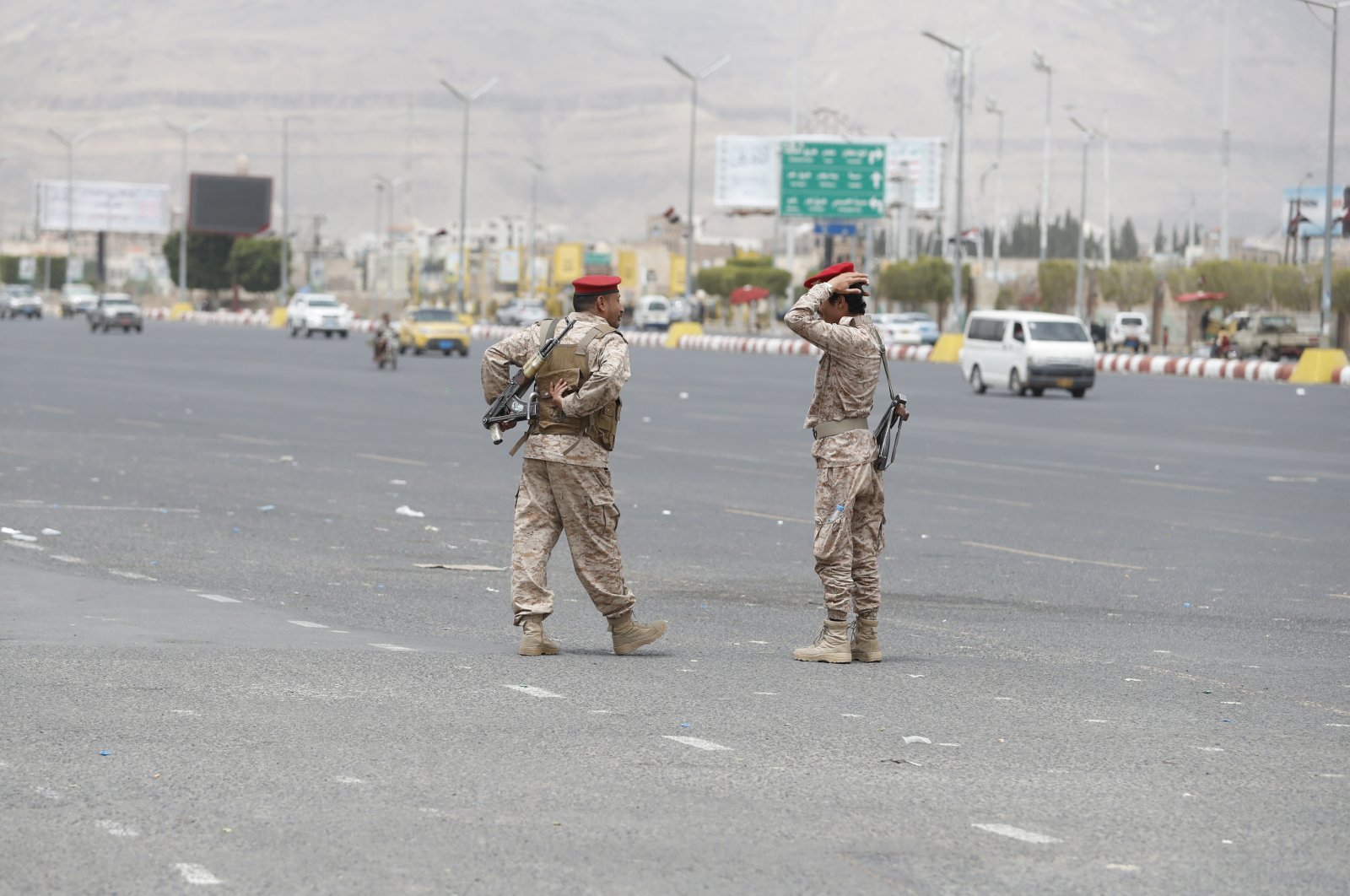On 6 July, the warring parties in Yemen agreed to renew their commitment to a UN-mediated truce that has been in effect since the beginning of April. A statement released by the UN Special Envoy Hans Grundberg said the parties agreed to a “continued halt of offensive ground, aerial, and maritime operations, inside and outside Yemen”. The statement added that all sides also agreed to “moderate rhetoric in public statements”, continue discussions and comply with the responsibilities of the truce. The renewed commitment was widely welcomed by regional stakeholders, including the Gulf Cooperation Council and the Arab League who issued statements supporting the efforts by the UN.
The renewed commitments set conditions for another extension of the truce, which is currently set to expire in early August. Cautious optimism remains in effect that the truce will be expanded to include lifting restrictions on movement around the town of Taiz and other provinces to facilitate humanitarian access. An even more optimistic scenario involves formalizing a ceasefire that may pave the way for a high-level discussion towards a long-term political solution.
Discussions at a strategic level are plausibly aided by the Iran-Saudi dialogue which, as previously discussed, showed signs of progress during June, with another round of discussions set to be held in the near term. In a positive sign, Iranian President Ibrahim Raisi publicly endorsed the truce in June, first in a meeting with Iraqi Prime Minister Mustafa al-Kadhimi and later in a phone call with a senior Houthi representative. Speaking at a press conference alongside Kadhimi on 26 June, Raisi called the continuation of the war “fruitless” and expressed hope that a ceasefire will contribute to a permanent end to the war. The remarks represent the strongest statement in support of the UN-backed truce thus far from Iran, optimistically raising hopes that Tehran will play a more proactive role in future negotiations.
That said, expectations remain moderate amidst persisting signs of tensions and disagreements on the ground. On 6 July, a day prior to the renewed commitment, the Saudi-backed Yemeni government criticized a new proposal prepared by the UN Envoy towards opening roads around the besieged town of Taiz as well as other provinces. An initial proposal was reportedly accepted by the government but rejected by the Houthi Movement, prompting Grundberg to submit a second proposal deemed by the government to be unfairly “one-sided”. The government also criticized the UN for not consulting government representatives on the amended proposal prior to introducing it.
Meanwhile, allegations of ceasefire violations continue to be reported by both sides. On 10 July Iranian media reports citing Houthi sources claimed 17 people were killed when Saudi border guards opened fire in the Saada province, northwestern Yemen. Separate but similar reports said Saudi airstrikes targeted civilians in what a Houthi official said represented a “gross violation” of the “ceasefire”. For their part, the Saudi-backed government blame the Houthi Movement for refusing to endorse the initial UN-backed proposal and accuse the Houthi Movement of mobilizing forces outside the town of Taiz as preparation for another offensive.
The reports were not independently verified and the casualty numbers of alleged Saudi operations were almost certainly exaggerated, yet they remain consistent with localized violence reported intermittently since the truce came into effect. Any larger violations however have not been documented and the commitments expressed this week are a positive indicator in terms of extending the truce in August.


